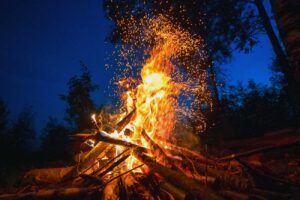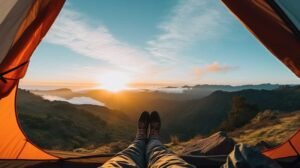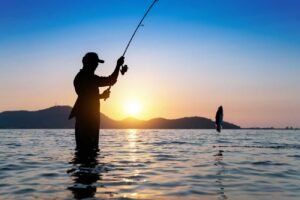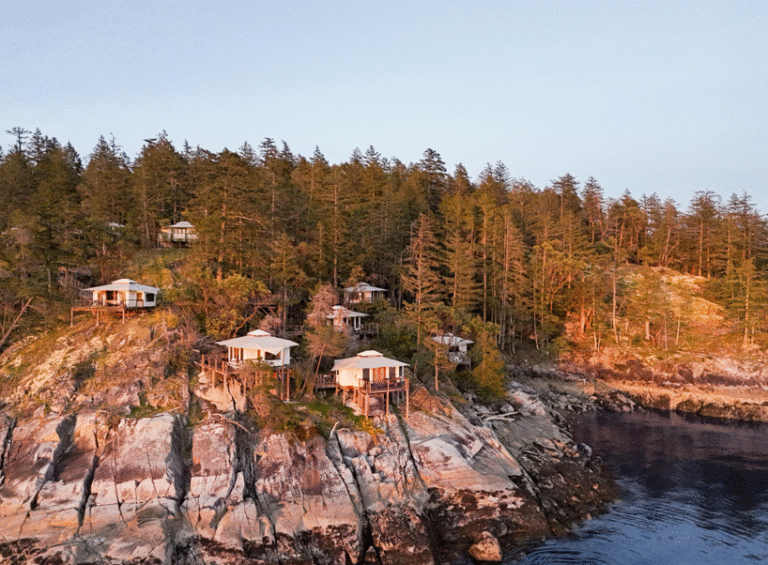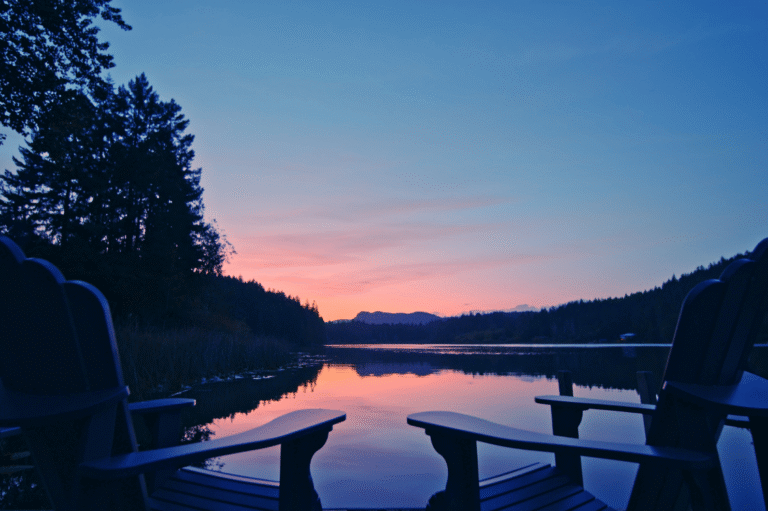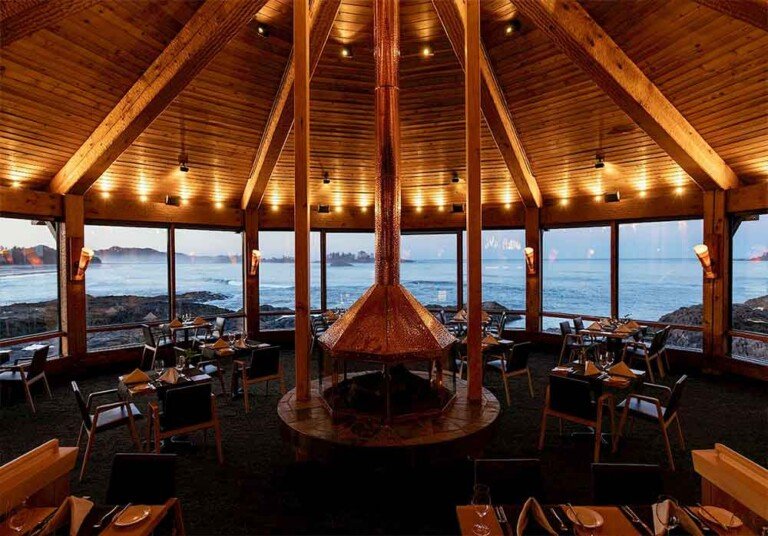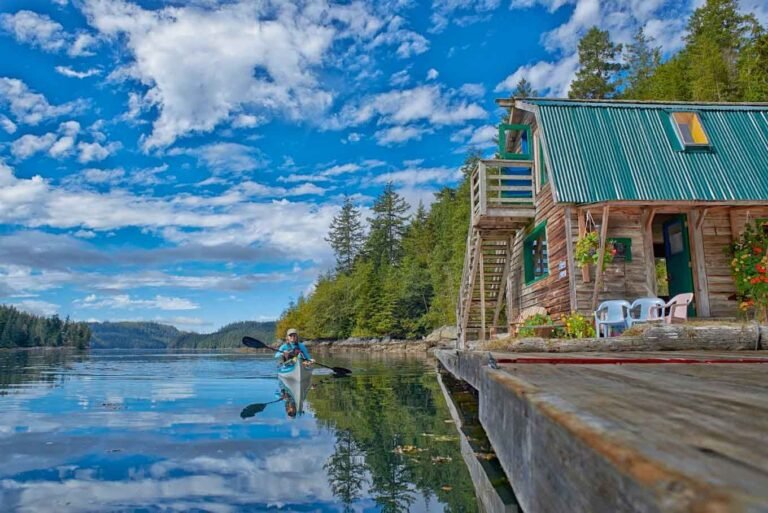Recreation in British Columbia
Campfires
Smoke from campfires pollutes our environment. Limit your use of campfires to cooking and generating warmth. Use only fallen logs, or purchase wood from the campground, and observe local burning regulations. Do not leave a campfire unattended.
Careless use of campfires is one of the leading causes of forest fires in British Columbia. Fires for cooking, warmth and ceremonial purposes must comply with the simple requirements of the Ministry of Forestry.
There are times when fires should not be lit. Fires should not be lit or allowed to continue to burn under the following circumstances:
- When the wind is strong enough to cause sparks to be carried to other combustible material
- When a notice banning or restricting the use of campfires is in effect. During periods when forest fuels are dry (spring, summer or fall) and the danger of forest fires increases, the Forest Service may need to impose bans or restriction on the use of campfires.
When building your campfire:
- Select your campsite carefully and with full regard for safety.
- Prepare your campfire by removing all leaves, twigs and other flammable material from an area extending at least 30 centimetres around the fire.
- Be sure to scrape or dig down to mineral soil.
- Build your campfires at least three metres from any log, stump, snag, standing tree or wooden structure.
- The size of the campfire must not exceed one metre in height and one metre in diameter. The best cooking fire is small and hot.
- Equip yourself with a shovel or a pail of water containing at least 8 litres. These must be kept near the fire at all times.
- Attend your campfire at all times and be certain it is extinguished before leaving it. Sift the ashes with your fingers to be sure.
Recreation in British Columbia: Camping and Parks
- Provincial Park Campgrounds Policies and Fees
- Park Frequently Asked Questions
Recreation in British Columbia: Fishing Regulations
Separate licences are required for saltwater and freshwater fishing. The federal Department of Fisheries and Oceans issues saltwater licences and the provincial Ministry of Water, Land and Air Protection issues freshwater licences. Both types of licences can be purchased at most sporting goods stores, marinas, department stores and Government Agents’ offices. A specific licence is required for fishing in National Parks and can be purchased at the Park Headquarters at each park site.
It is essential that anglers obtain a current copy of the BC Tidal Waters Sport Fishing Guide and/or the BC Freshwater Fishing Regulations Synopsis before embarking on a fishing trip. These guides outline fishing guidelines, closures, quotas, possession limits and gear restrictions.
- British Columbia: Recreational Freshwater Fishing Regulations (BC Min Environment)
- British Columbia: Tidal Waters and Freshwater Salmon (Fisheries & Oceans Canada)
Recreation in British Columbia: Hunting Regulations
The British Columbia Environment-Wildlife Branch strictly regulates hunting. Hunting or the carrying of weapons in National and Provincial parks and adjacent areas is strictly prohibited. All hunters, whether resident or non-resident, must obtain a licence to carry firearms and to hunt game. Non-residents may obtain their licences by mail. It is essential that hunters obtain a copy of the current Hunting and Trapping Regulations Synopsis, which provides general information on hunting as well as hunting and trapping regulations.
This synopsis is available from Government Agents’ offices or from:
Ministry of Water, Land and Air Protection
Fish and Wildlife Branch
PO Box 9391 Stn Prov Govt
Victoria B.C, V8W 9M8
Telephone: 250-387-9771
By provincial law, big game non-resident hunters must be accompanied by a guide-outfitter licenced to operate within a legally defined geographic area. The Guide-Outfitters Association of British Columbia is an organization of professional, licenced guide-outfitters.
Guide-Outfitters Association of BC
Suite 103, 19140 – 28th Avenue
Surrey, BC V3S 6M3
Tel: 604-541-6332
Federal, provincial and territorial laws govern hunting in Canada. Persons intending to hunt must obtain a hunting licence from each province or territory in which they plan to hunt.
Certificates and permit requirements:
Chief Provincial Firearms Officer
British Columbia and Yukon
Suite 400, 10470 152 Street
Surrey, BC V3R 0Y3
Fax: 604-586-2402
Recreation in British Columbia: Sani-Stations
Sani-Stations are found at various locations throughout the province, including many of the Provincial parks, campgrounds, some gas stations and RV facilities.
Visitors are asked to respect the environment by disposing of grey water and sewage in the proper fashion.
Some campground operators may allow non-registered visitors to use their Sani-Station. If permission is granted there may be a fee levied for this service.

